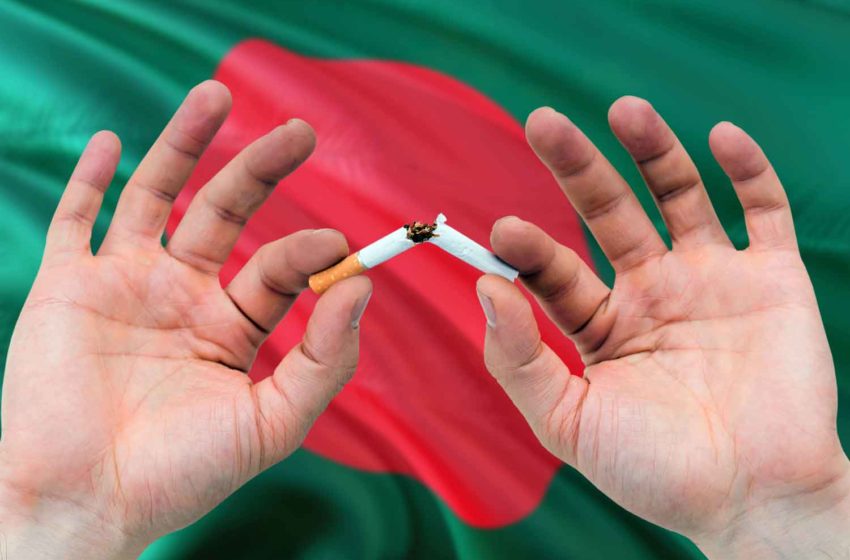The Dominican Republic is hoping that its dispute with Australia over standardized tobacco-products packaging will be resolved by the World Trade Organization (WTO) before such policies spread to other countries.
Since December 1, 2012, Australia has required that all tobacco products be sold in packaging designed on behalf of the previous Labor government to be as ugly as is possible. Packs are hugely dominated by graphic health warnings, are otherwise a standard olive color, have no logos or other design features, and have brand and variant names in a standardized font and position.
‘By stripping our brands and trademarks from packaging, the policy precludes our tobacco producers from differentiating their premium products from competitors in the marketplace, which has been extremely detrimental to our industry,’ said Dr. Katrina Naut, the Dominican Republic’s director general of foreign trade in a press statement issued through GlobeNewswire. ‘It is our hope that this case will be swiftly resolved at the WTO before other countries consider similar policies that have no impact on public health goals while at the same time putting the livelihood of our economy at risk.’
According to information published by the Tobacco Institute of the Dominican Republic, tobacco export revenues represent 7.5 percent of the Dominican Republic’s total exports. The country’s tobacco production chain generates around 110,000 direct jobs and supports about 350,000 people. The Dominican Republic is the biggest exporter of cigars.
‘By preventing tobacco products from using their trademarks and geographical indications, these measures have driven the Australian tobacco market towards commoditization and illicit trade,’ the press statement said. ‘Moreover, they have failed to contribute to reducing smoking in Australia.’
The statement went on to describe how Dominican producers had made enormous investments – including in intellectual property – to turn the Dominican Republic from a simple tobacco leaf exporter into one of the world’s leading premium tobacco products exporters. ‘This is a significant achievement for a small developing economy and has contributed to its economic growth,’ it said.
‘With plain packaging, this great development success is put at risk as our producers can no longer signal their premium quality to tobacco consumers.’
The statement said that Ukraine, Honduras, Indonesia and Cuba were challenging the Australian policy. And it said that because of the impact that the outcome of these disputes would have on intellectual property protection for a wide range of consumer goods, a record number of WTO members (35 countries and the EU) were observers of the disputes.








